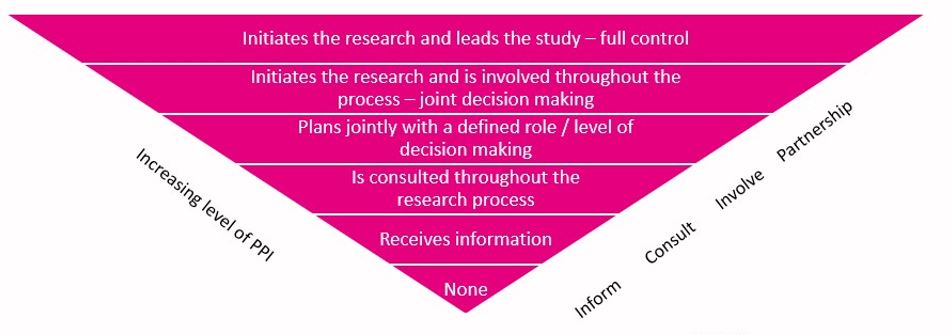-
Courses

Courses
Choosing a course is one of the most important decisions you'll ever make! View our courses and see what our students and lecturers have to say about the courses you are interested in at the links below.
-
University Life

University Life
Each year more than 4,000 choose University of Galway as their University of choice. Find out what life at University of Galway is all about here.
-
About University of Galway

About University of Galway
Since 1845, University of Galway has been sharing the highest quality teaching and research with Ireland and the world. Find out what makes our University so special – from our distinguished history to the latest news and campus developments.
-
Colleges & Schools

Colleges & Schools
University of Galway has earned international recognition as a research-led university with a commitment to top quality teaching across a range of key areas of expertise.
-
Research & Innovation

Research & Innovation
University of Galway’s vibrant research community take on some of the most pressing challenges of our times.
-
Business & Industry

Guiding Breakthrough Research at University of Galway
We explore and facilitate commercial opportunities for the research community at University of Galway, as well as facilitating industry partnership.
-
Alumni & Friends

Alumni & Friends
There are 128,000 University of Galway alumni worldwide. Stay connected to your alumni community! Join our social networks and update your details online.
-
Community Engagement

Community Engagement
At University of Galway, we believe that the best learning takes place when you apply what you learn in a real world context. That's why many of our courses include work placements or community projects.
Get Involved
Being a participant isn’t the only way a member of the public or a patient can volunteer to get involved in a clinical trial. They can also become a PPI contributor.
Public and Patient Involvement (PPI) is an approach to research which makes sure that members of the public and patients are involved with the design, delivery, and dissemination of research throughout the project.
Patients are experts about their conditions because of their lived experience, and have valuable information that doctors, clinicians, and researchers need. A PPI contributor is a person who volunteers to bring their voice and lived experience to the table when researchers are conducting research. They do not take part in the study like a participant does; for example they do not take the treatment being studied. Instead, their job is to give their opinion to researchers about how the study is being done. This makes sure that the experience of patients is being taken into account at every stage of the trial.
PPI contributors can guide and influence
- what is researched (the research question)
- how studies are designed
- the outcomes which are measured
- how research is conducted
- how the results of the research are shared
- how results influence policy and practice
Some examples of what a PPI contributor may be asked to do in a clinical trial include
- Help to set the question of a trial
- Co-design the clinical protocol
- Be a member of the trial steering committee
- Inform the creation of information leaflets and other study materials
- Help to find participants
- Give guidance on solving problems
- Co-author publications or lay summaries and help the research findings reach a wider audience
The goal of PPI is to ensure that people who are going to be affected by research outcomes have a say in what and how research is done. Members of the public and patients provide alternative views to that of researchers and doctors which enhances the quality, relevance and acceptability of research to all stakeholders. Good PPI believes in the public right for accountability in publicly funded research and increases the credibility of research conducted. To ensure these values are met, it is important that PPI is not tokenistic, meaning that the views of PPI contributors are respected and considered throughout the study as an equal partner.
PPI can be ‘measured’ on a spectrum of involvement. Best-practice PPI leads to greater ownership of the research on the part of members of the public and patients, moving the relationship with researcher from being informed/consulted to closer involvement and partnership.

Because members of the public and patients know what is most important for patients, their involvement goes to improve their experience during a trial. Trials that include PPI are more relevant and have a higher quality because they are designed to meet patients’ needs and priorities. They can also have better recruitment and retention of participants and the results of the research will be spread more broadly, helping to improve the trial’s impact.















